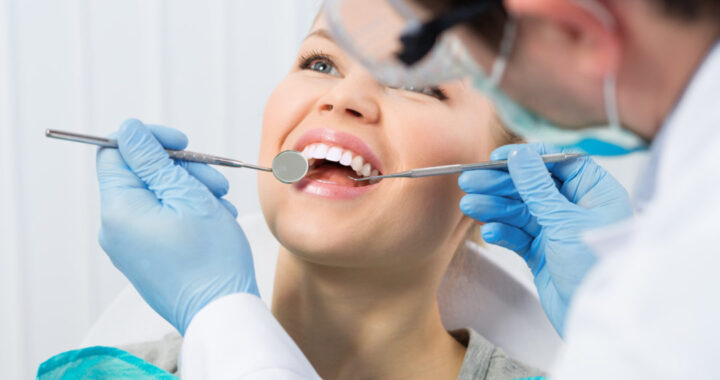Antimicrobial Soap vs Antibacterial Soap: What Are the Differences?

Do you ever feel like your hands aren’t clean enough?
The flu season is among us again, and every year, people across the country are stocking up on hand sanitizer. They understand that clean hands are the first line of defense against the flu.
But what is hand sanitizer, and how do you know you’re buying the right kind?
The most common type is antibacterial hand soap. However, so-called “antimicrobial” soaps work better, and it’s easy to see why. So how do you know which one to buy?
We’ll explain the difference between antimicrobial soap vs antibacterial soap so that you can buy confidently.
The Basics
It can be difficult to know the difference between antimicrobial and antibacterial soap. But knowledge is power. Understanding the difference is critical for making the right choice for personal and natural health.
So first, let’s break down each definition and figure out how to make the best decision for you!
What is antimicrobial soap? Antimicrobial soap is designed to reduce the growth of microorganisms on the skin, preventing the spread of germs and bacteria. It usually contains ingredients that help break down bacteria, viruses, and fungi.
Antibacterial soap, however, is designed to kill bacteria on contact. It contains chemical ingredients, such as triclosan, that can kill germs. Both types of soap are effective ways to remove dirt and oil and help reduce the spread of infection.
The Advantages
Antimicrobial and antibacterial soaps offer three advantages that make them ideal for cleaning or sanitizing surfaces. First, antibacterial and antimicrobial soaps are effective against bacteria and germs. They’re designed to kill germs on contact, making them far more effective than regular soap.
Second, they are fast acting, meaning that germs and bacteria are effectively destroyed. Also, they can help prevent the spread of certain diseases and illnesses. Their ability to kill germs makes them effective in helping to reduce the spread of influenza, colds, and Norovirus, among other conditions.
The Disadvantages
Antimicrobial and antibacterial soaps contain harsh chemicals that may be hard on the skin. These include triclosan and triclocarban.
While those antibacterial properties are there to kill germs, they can strip away the natural oils that are important for skin health. Long-term use of antimicrobial and antibacterial soaps may also lead to resistant strains of bacteria that could make diseases harder to treat.
There is also the fact that these soaps don’t kill every germ and may disrupt the natural balance of microorganisms in your body. So if you’re looking for an alternative to antimicrobial and antibacterial soap, you may want to shop for Hocl here. Spray sanitizers are convenient and effective and do not contain harsh chemicals, leaving your skin healthy and clean.
Antimicrobial Soap vs Antibacterial Soap: Which Soap is Right for You?
There may not be a huge difference between antimicrobial soap vs antibacterial soap when fighting germs. Both are effective, but certain soaps may be better at tackling certain illnesses. To be sure you’re getting the right kind of soap, it’d be best to do research and find the right one for you.
Did you find this article helpful? Check out the rest of our blogs for more!

 Managing Peripheral Diabetic Neuropathy: Holistic Approaches and Treatment Options
Managing Peripheral Diabetic Neuropathy: Holistic Approaches and Treatment Options  All You Get To Know About The Best Dentist Hagerstown Md Out There
All You Get To Know About The Best Dentist Hagerstown Md Out There  FitPeo: An App that Helps You Record and Manage Your Family Health Data
FitPeo: An App that Helps You Record and Manage Your Family Health Data  Crazy Nutrition Mass Gainer Review: The Ultimate Guide to Building Muscle
Crazy Nutrition Mass Gainer Review: The Ultimate Guide to Building Muscle  How to Use Laxatives Safely and Effectively for Weight Loss
How to Use Laxatives Safely and Effectively for Weight Loss  How Quantum Touch and Reiki Compare: Understanding the Differences
How Quantum Touch and Reiki Compare: Understanding the Differences  Server Wars 2025: Which Hosting Platforms Are Winning for Gamers?
Server Wars 2025: Which Hosting Platforms Are Winning for Gamers?  From Clicks to Chips: Turning Online Traffic into Loyal Casino Players
From Clicks to Chips: Turning Online Traffic into Loyal Casino Players  The Math Behind the Magic: How RTP Shapes Slot Payouts
The Math Behind the Magic: How RTP Shapes Slot Payouts